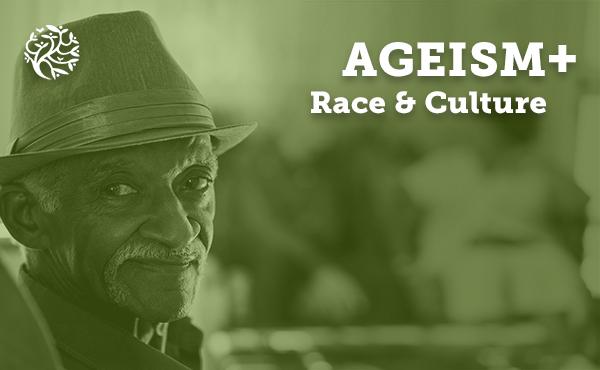The growth of dementia in BAME communities
Back in 2013 the All Party Parliamentary Group on Dementia produced a report: Dementia does not discriminate, that focused on the impact of dementia on the UK’s Black, Asian and minority ethnic communities. It pointed out that the number was likely to grow from an estimated 25,000 people living with dementia from these communities in England and Wales in 2013 to an estimated 172,000 by 2051.
This is nearly a seven-fold increase in number over 40 years.
Also, in 2013, I produced a briefing paper for the Race Equality Foundation drawing attention to the fact that the demographic structure of minority ethnic communities in the UK that resulted from the migration history of these communities meant that the African-Caribbean community was the oldest of the Black communities in the UK. This means that the seven-fold increase in the numbers of people living with dementia will mean the greater proportional increase and therefore greatest numbers as a result will be in the older settled communities such as the African-Caribbean, South Asian Indian and Irish communities.
Why people from BAME communities are at greater risk
Apart from the increased number of people in the UK African-Caribbean community at risk because of the age structure of the community, there are further risk factors for high blood pressure, diabetes and heart disease in this population. These factors are increasingly recognised as contributing to the higher incidence of vascular dementia and early onset dementia found in the African-Caribbean community.
There is quite a lot of media attention currently paid, quite rightly, to the experiences of the migrant population from the Caribbean that came to the UK during the period of postwar reconstruction that has been called ‘The Windrush Generation’.
The Windrush Generation
As many of the migrants from that period were either young adults of working age, or the children of those migrants they are typically now in their late 70s or 80s and at this age the risk of developing dementia is higher across all ethnic groups.
Many of the surviving members of the Windrush generation will be living with dementia.
For many who came in the 1950s and early 1960s they would have dreamed of retiring back to the Caribbean to live out their last days in the country of their birth. Their care and support needs arising from living with dementia in many cases will have ended these dreams. Those diagnosed will struggle alongside their families to come to terms with an illness they feel they don’t understand and a care system that they feel has no empathic response for their culture and history.
Experience of prejudice in care services
The institutionalised disregard for the history of people of ‘The Windrush Generation’ evident in recent media stories concerning the Home Office's treatment of people from the Caribbean ought to give everyone pause for thought.
One element informing the reluctance of people to approach services for help with dementia is their understandable fear they will be met with the negative discriminatory experiences they may be familiar with from other health and care service contacts in the past. There have been many studies for examples of the negative bias experienced in UK mental health services by those from Black communities.
Memories of arrival in the UK
At a fundamental level many, if not most, first generation African-Caribbean elders in the UK never expected to be living here at the end of their lives.
In so far as living with dementia pulls them back in their memory to the period of their first arrival in the UK it may be to a time of ‘No Blacks, No Dogs, No Irish’ and biting cold, in every sense of the word.
A time that the UK has thankfully culturally moved on from in most places. But in being lost in reminiscence, and also in thinking about what reminiscence may mean to elders of the Windrush Generation, there may be a return to a very rural upbringing in the Caribbean within a culture of expectation of respect for elders, particular ways of managing the most intimate tasks of daily life and a language of dialogue and expression, for example ‘patois’. All these, their UK born children may have limited knowledge of.
The importance of historical and cultural anchor points
Care and support services are unlikely to have much in the way of an informed understanding of these historical and cultural anchor points. They can be vital for both developing and sustaining a relationship with the person living with dementia as the threads of their attachment to their world begin to fray. However, it should not be assumed that the family and relatives will automatically know what to do either, and they may in their own way also feel adrift as they try to mobilise care and support as best they can.
Dementia is the most challenging health and care issue for contemporary ageing populations.
The complex challenges and overwhelming sense of loss that often accompany one living with the disease are further complicated for those doing this in a place very far away from everything they once knew as home.
David Truswell is the Executive Director of the Dementia Alliance for Culture and Ethnicity
Finding Patience: Coming to terms with the idea of seeking help with dementia in an African-Caribbean family. In collaboration with Health Education England - HEE
Have you been affected by any of these issues?
If you have been affected by any of the issues described in this blog, or simply need someone to reach out to, you can call Independent Age’s freephone helpline for information and advice on 0800 319 6789.
The views and opinions expressed in this article are those of the author and do not necessarily reflect the policy or position of Independent Age.
